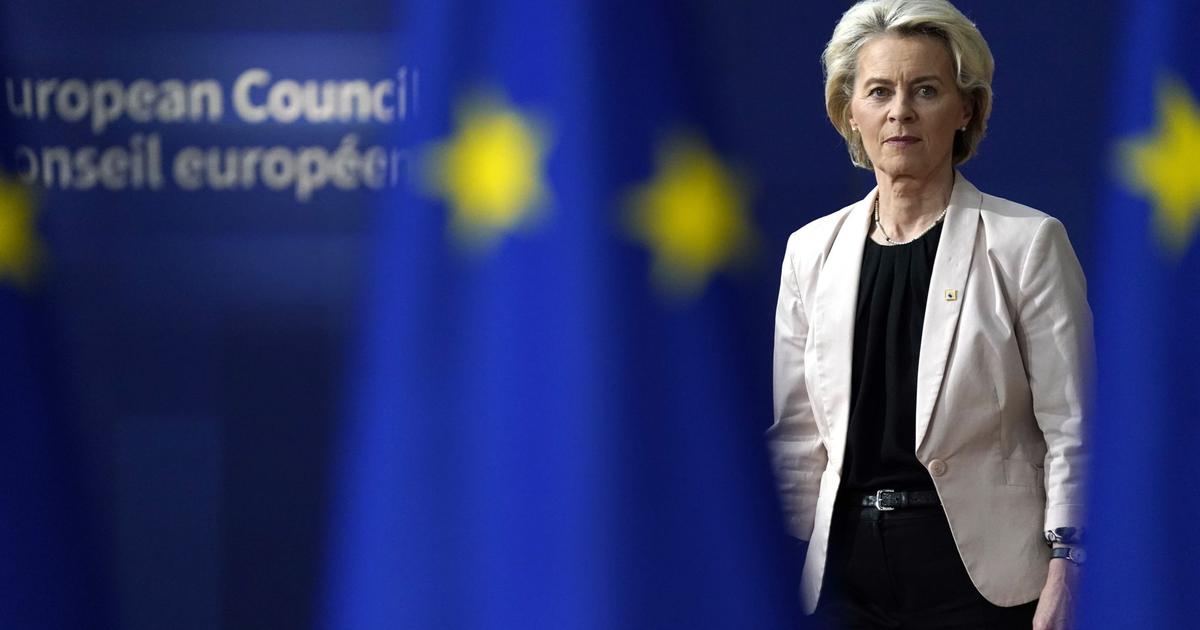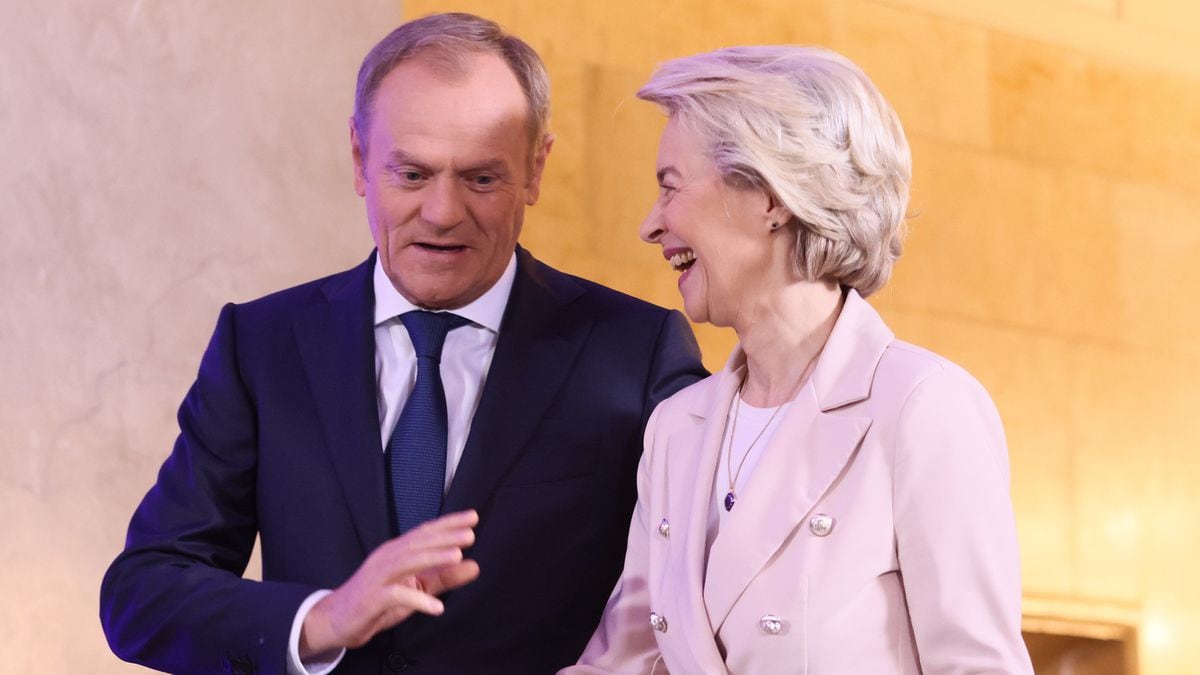The president of the European Commission, Ursula Von der Leyen, will arrive in Buenos Aires on June 13 on a tour that will take her to Brazil and Chile. His passage through the agenda will be brief, since his central objective will be Lula da Silvia in Brasilia.
With the trip, the European Union motorizes its intention to advance in the region as the United States does to counteract the immense Chinese presence, which competes with it at the economic and geostrategic level, and at the same time secure markets after the prolonged Russian war in Ukraine.
He also comes to talk about the Mercosur-European Union agreement that the two blocs have been talking about for twenty years. These now seek to revive it through new "political" chapters but without economic concreteness.
On the other hand, on July 17 and 18 there will be a summit in Brussels between the 27 presidents and prime ministers of the members of the EU, which Spain will command by then, and the 33 of the Community of Latin American and Caribbean States (CELAC), which will be attended by Alberto Fernández and his chancellor, Santiago Cafiero, by then five months after finishing his government.
Von der Leyen, born in Germany, was very interested in coming to talk especially with the main allies of Brussels in terms of trade volume, Mexico and Brazil. He was going to do it in April but the very postponement of Lula's trip to China, pushed that visit to June.
After years of comings and goings, absences and presences, and looking today towards the Indo-Pacific – it will be the first summit of the two blocks in eight years – Brussels' bet is once again turned to the 700 million inhabitants of the 33 countries that inhabit the territory of CELAC.
Europeans seek to seduce a region hit by the coronavirus pandemic, climate change, dictatorships, misrule, and poverty, with an investment program. In principle, only the Spanish ones are talked about, a promise of 9,400 million euros, where until last year, Argentina did not appear as a destination.
In fact, it had even been spoken about during Alberto Fernández's visits to Pedro Sánchez in Madrid.
Argentina today is experiencing a very delicate situation. Investments are maintained when not paralyzed, in a state of expectation or moving in drops, taking into account the problems faced by companies with a market subject to exchange controls, prevented from taking profits, affected by the dollar trap and inflation.
Europe has crucial raw material needs — making it even dependent on China as a supplier. Latin America and the Caribbean are areas very rich in resources and minerals. It is enough to name the so-called Lithium Triangle that integrates Argentina, Bolivia and Chile.
By the way, the EU ambassador to Argentina, Amador Sánchez Rico and the new Argentine representative in Brussels, the diplomat Atilio Berardi, are working on the draft of a memorandum of understanding that would be signed during von der Leyen's visit for a Strategic Partnership on Sustainable Value Chains of Raw Materials.
Taking into account the scenario of political and economic uncertainty of this electoral Argentina, everything that is discussed will happen for the next government.
As for the free trade agreement that the two regions sought unsuccessfully with obstacles from both parties according to the moment, today there is no talk. There is an agreement of regions signed on the end of the government of Mauricio Macri, which was stopped among others by France and Ireland and to which environmental and labor demands were added especially in the context of the confrontations between the Europeans and the Brazilian Jair Bolsonaro for his policy towards the Amazon. For some, it was just an excuse to delay an unpopular deal among their own agricultural sector.
Today they are working on a so-called "Additional Protocol" whose text is kept under lock and key and which, according to the parties, is "modern", is "based on sustainability", and gives a "readjustment for the implementation" of the same if it were to be signed at the EU-CELAC summit in July.
NE
See also








